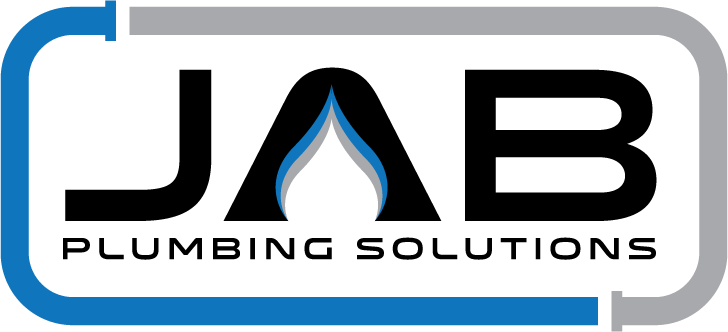It’s a liquid so it’s safe to pout it down the sink drain, right? Wrong. While, many liquids are indeed safe to pour down the drain, some liquids can cause serious issues including blocked drains. In particular, you should avoid pouring oily liquids and paints down the drain at all cost. Below we look at why these liquids are so detrimental for your drains.
Oily liquids, grease and cooking oil
Oil is the most common and the most dangerous liquid mistakenly poured down the drain. Even washing greasy plates contributes to drainage issues. The reason that oil is so bad for drains is that in congeals and coagulates inside the plumbing pipes. It forms a greasy lining on the inside of pipes and also acts as a glue, binding other debris in the pipes together forming large clogs, called “fatbergs”.
Fatbergs are huge masses of solid waste that clog up sewage systems. They are made up of congealed fat, grease and oil, as well as non-biodegradable items that have been improperly disposed of down the toilet such as wet wipes, sanitary towels and nappies.
Oily liquids to avoid pouring down the sink include melted butter, meat fats (eg after frying bacon), oil-based salad dressings, cream with a high fat content, creamy buttery or cheesy soups, oil from deep frying and oil based cosmetics.
There are a number of ways to dispose of grease correctly and minimise the occurrence blocked drains. One method is to pour it in the garden (away from stormwater and sewer drains) or onto the compost heap. Composts can handle small amount of oil and grease. If you’re trying to dispose of hot cooking oil, wait for it to cool down and then pour it into a container with a lid and place it in the bin. Better yet, cooking oils can be filtered and recycled into products such as bio-fuel, cosmetics and stockfeed. Check here for recycling centres near your home.
It’s also a wise idea to wipe greasy pots, pans and crockery with paper towel before washing them to minimise the amount of oil that goes down the drain. These paper towels can go in the compost or be disposed of in the bin.
Paint and paint water
Paint should not be poured down the sink for a number of reasons. To begin with, many paints contain chemicals that are harmful to the environment. The other reason is that paint can lead to blocked drains. Similarly to oil, paint will coat the inside of plumbing pipes. If you pour paint down the sink regularly this coating will get thicker and thicker, eventually reducing the size of the pipes and increasing the likelihood of a clogged drain. Even pouring the rinsing water that you used to clean the brushes down the drain can contribute to blockages.
Some paints are worse than others. It’s probably okay to wash small amounts of water-soluble paints down the drain (eg when washing the brush), but make sure you are running enough water to dilute it. Oil and acrylic based paints, on the other hand, are more problematic and should never be poured down the drain. Dulux suggests pouring these kind of paints onto an absorbent material, such as kitty litter. Wait for it to dry and then dispose of it in the bin.
If you are trying to dispose of large volumes of paint, you can try and give it away for free of platforms like Gumtree or Facebook marketplace. Alternatively, get in touch with your local council. Paintback is an industry initiative developed to prevent unwanted paint from ending up in landfill. It’s free and you can find out your nearest collection point here.
Call a blocked drain plumber
If you have a clogged drain in Sydney that is caused by oil or paint call JAB Plumbing Solutions. Oil, grease and paint residue can be flushed free from clogged drain pipes quickly and affordably using a high-pressured jet blaster. Jet blasting machines (also know as water jetters or hydro jetters) are specifically designed to pressure clean the inside of drain pipes. JAB Plumbing Solutions carry a range of jet blasting machines suitable for both residential and commercial properties and pipes of all different sizes.







